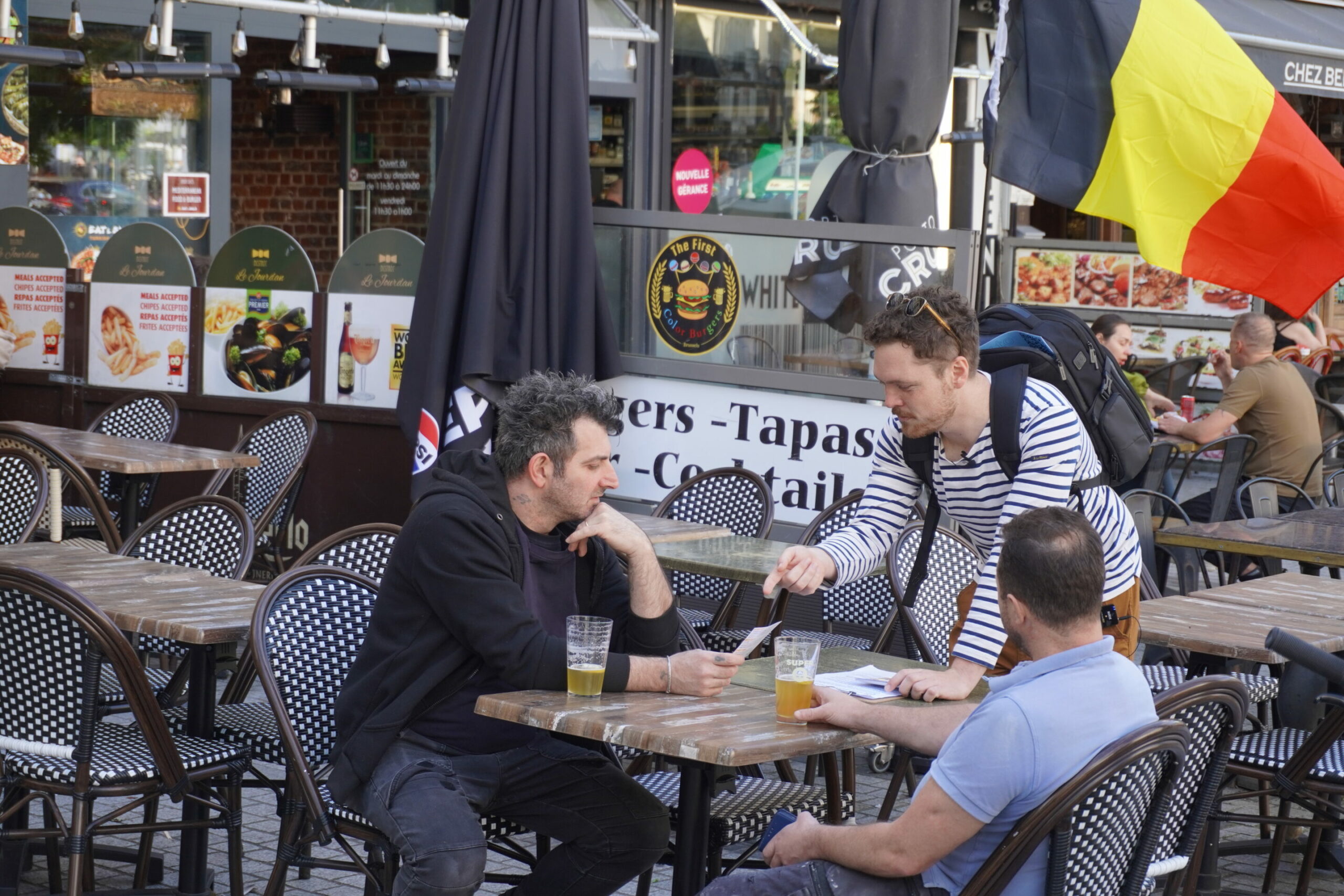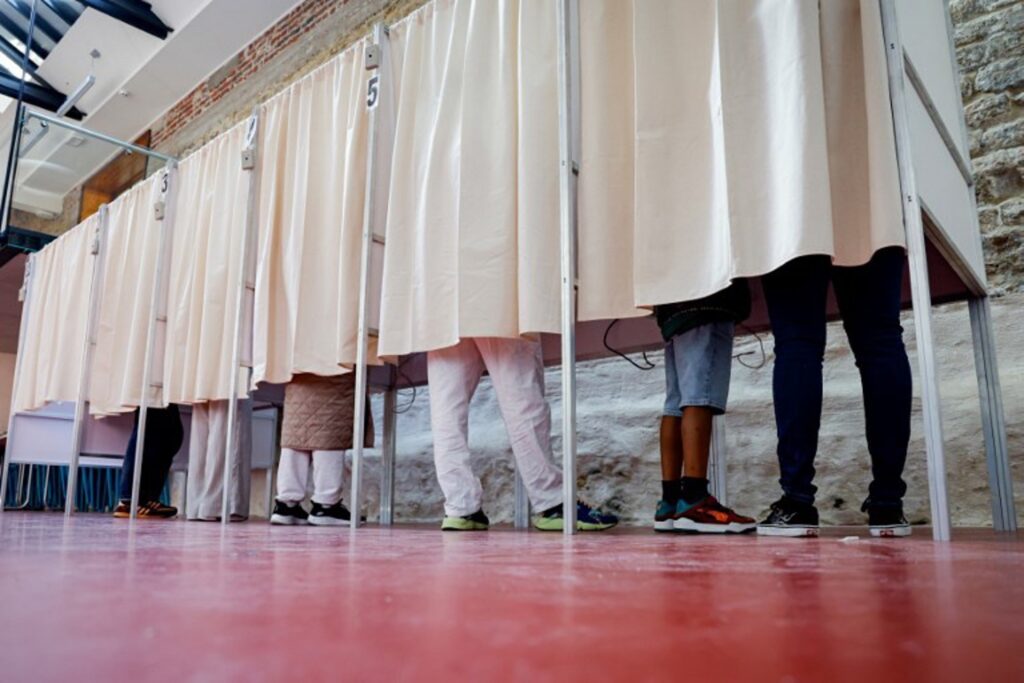While excluded from the federal and regional elections, non-Belgians can take part in the upcoming municipal elections. However, registration rates remain low, particularly in Flanders.
The municipal and provincial elections will take place on 13 October, providing an opportunity for some one million non-Belgians to participate in local elections. Foreign nationals have been able to take part in municipal elections since 2006. Unlike Belgians – who are automatically registered to vote and must do so – international residents must register, either online or with the local authority, by midnight on Wednesday 31 July.
However, there appears to be a lack of interest among this group, as nationwide, just 12.26% of internationals registered: 13.59% of EU nationals (almost 113,000 out of 831,000 potential voters) signed up, and 18,000 out of a total of 233,592 non-EU-nationals who are eligible to vote (7.61%) can now participate in the elections, the latest Ministry of Home Affairs figures showed.
Regional divided engagement
In Brussels, where one in three residents are non-Belgian – and in some municipalities as many as half – several NGOs have been taking to the streets and organising events to boost engagement and inform people of their right to vote.
The current overall registration rate dropped by nearly a third from 17% in 2019 to 12%. Slightly more than 13% of Europeans or some 32,000 out of around 242,000 people, and 9.58% among non-EU nationals (who can vote if they resided in the country for more than five years), or 6,675 out of around 70,000 potential voters, registered in the capital region.
In Flanders, the turnout to register is even lower. Barely 5% of non-Europeans have so far registered to vote in the Flemish local elections, the lowest in all the regions. Among EU citizens, 8.48% registered. As casting a vote in the local elections is no longer mandatory in Flanders, turnout among Belgian citizens is also expected to be lower.

A Restless Brussels volunteer speaking with Brussels residents about registering to vote. Credit: Mirko Paradiso
Meanwhile, Wallonia is currently the region where most internationals have registered to vote. More than one in five EU nationals (21.88%) registered to vote in the local elections in the French-speaking region, or 49,279 people out of a total of 225,194, while 10% of non-Europeans registered (5,622 out of 55,466). Historically, the involvement of people with a migration background in political parties is higher in French-speaking Belgium, mainly because parties active in these regions make greater efforts to encourage people to register.
Finally, in the nine German-speaking municipalities, 14.33% of registered voters were from the EU and 2.30% were non-Europeans.
Disinterest?
As there is no uniform approach across the country (or even per region) to encourage residents to register, most non-Belgians are not aware they can vote – which likely plays a big part in low registration numbers. As a result, in municipalities where more proactive efforts are being made to get people to register, the rates are higher than in places where no campaigning is done.
Others are aware of the right, but fear they will as a result lose their right to vote in their country of origin or be fined for not exercising their vote. The fact people would not know what party to vote for due to the lack of knowledge of the local political systems. A lack of interest – especially noticeable among Belgians in the recent elections, which saw record-high abstentions – could also offer an explanation.
However, perhaps the biggest barrier is the fact people have to register themselves. Registration as a threshold was put in place to enable a compromise between supporters and opponents of the measure, however, this is proving to be the biggest blockade to increasing participation.
The final registration figures, which the Ministry of Home Affairs will not update until mid-August, could be higher as most of the more recent registration forms will not be processed by most communes until after the registration deadline.

